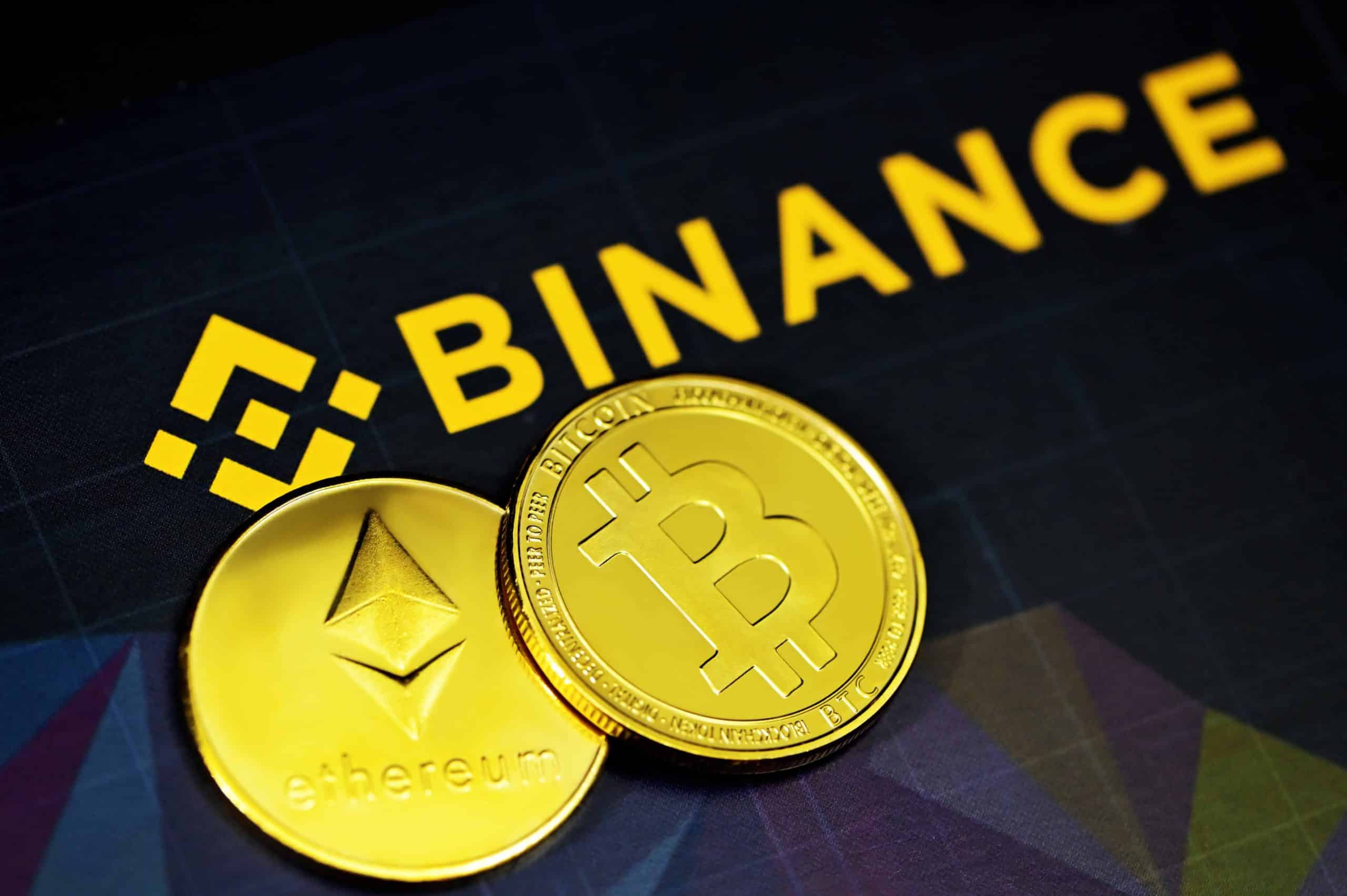Binance Tried to Hire SEC Chair Gary Gensler in 2018: File

The field’s finest crypto alternate Binance modified into living on hiring Gary Gensler as an consultant outdated to he assumed space of job on the U.S. Securities and Replace Rate.
Essentially based on text messages and paperwork reviewed by The Wall Avenue Journal, Ella Zhang, Binance’s susceptible head of ventures, and Harry Zhou, co-founding father of Binance-backed OTC buying and selling desk Koi Trading, met with Gensler in 2018.
After the meeting, Gensler reportedly denied a job as an consultant to the crypto alternate, but modified into “generous in sharing license methods,” in maintaining with a text from Zhou.
This modified into throughout Gensler’s stint at MIT’s Sloan College of Management, the place he even taught a course on blockchain and cash. Gensler additionally interviewed Binance’s founder Changpeng Zhao for the course over video, following meeting him in Tokyo in 2019.
Binance’s motivation for hiring Gensler would no longer necessarily recount a hidden agenda, however the paperwork recount the firm modified into moderately fascinated regarding the penalties of complaints from U.S. regulators.
A presentation shared in 2018, with a allotment titled “Insulate Binance from US Enforcement,” called for the institution of a separated U.S.-primarily based totally entity, which is how Binance.US modified into born. In but some other allotment of the presentation, executives emphasized the necessity for “indispensable PR efforts” that can recount how its US operation modified into interesting to “exceed SEC expectations and attend as an replacement handy resource for the SEC.”
A Binance spokesperson told the WSJ that the presentation modified into rejected and had never been implemented.
Individually, Binance-branded stablecoin BUSD’s market cap has been on a constant decline since the SEC issued a Wells Trace to its issuer Paxos. Despite the undeniable truth that Paxos believes it is having a “optimistic discussion” with the regulator as per a Feb. 22 CoinDesk account, buyers have redeemed over $7 billion from BUSD, taking its market cap under $9.5 billion for the first time since June 2021.
Source credit : unchainedcrypto.com
